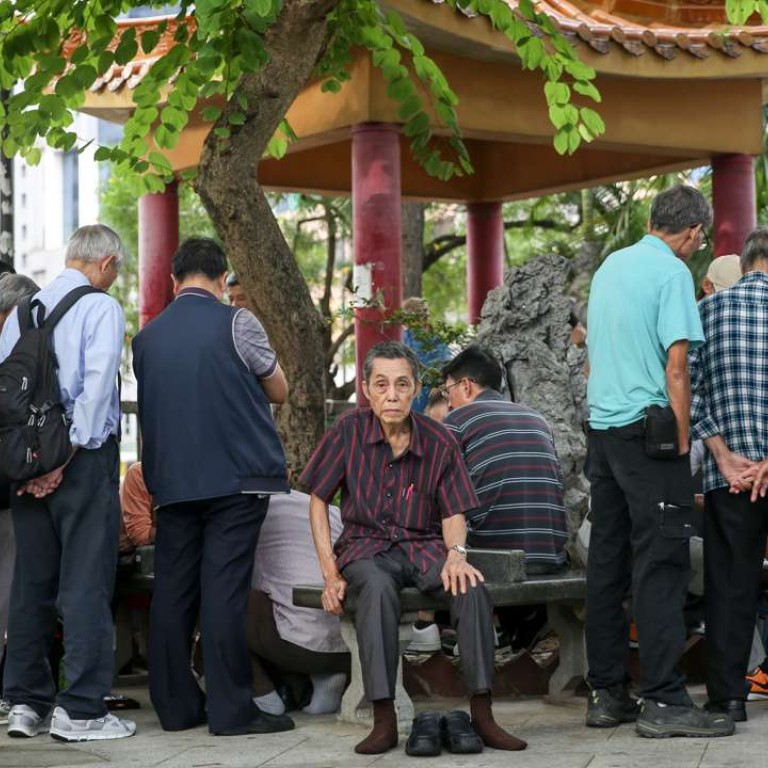
How retirement syndrome is hurting Hong Kong’s elderly
Playground Association spokesman warns that not doing much may affect mental health
“Resting and sitting” turns out to be the favourite pastime of more than 60 per cent of Hong Kong retirees, according to a survey, as social workers warn that the habit could put their mental health at risk.
More than 60 per cent of interviewees said they were in good physical shape and half noted they had more than eight hours of free time per day.
When asked to choose no more than three major activities, 61 per cent opted for “resting and sitting”. Spending time with family members came next with 60 per cent, while 46 per cent said they would engage in quiet leisure activities, such as reading.
“Sitting for eight hours is a very tough thing to do and it would be much more meaningful if they could spend their time [otherwise],” he said.
Wan called on the government and community to provide more opportunities for seniors as the population ages rapidly.
Sitting for eight hours is a very tough thing to do and it would be much more meaningful if they could spend their time [otherwise]
According to the Census and Statistics Department, more than 26 per cent of the city’s population – or over 2.11 million people – will be at least 65 years old by 2030.
On things that worried them the most, 67 per cent pointed to the death of family members and friends, while 52 per cent said they were concerned about a lack of recognition. Some 45 per cent also feared they had lost their personal values and role in society.
The interviewees rated satisfaction with their life in retirement at an average 6.1 out of 10 points.
Professor Wong Hung, an associate professor in Chinese University’s social work department, said it was not a good phenomenon for Hong Kong’s seniors to spend most of their time “resting and sitting” as these were passive activities which also carried a sense of loneliness.
He agreed the city should explore ways to offer more “work” – something between jobs and voluntary tasks - to retirees in a bid to bring them back into society.
“We should not always ask our retirees to pick up voluntary work as they have financial burdens when they have no job,” he said.
The community, he explained, could offer some freelance jobs or tasks with slightly lower pay so seniors could make use of their skills in their post-retirement lives and at the same time make a living.

